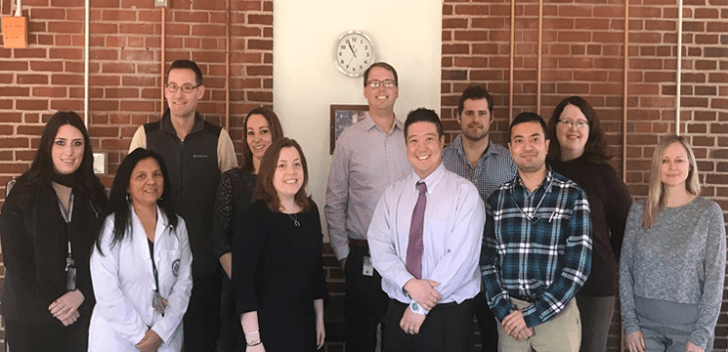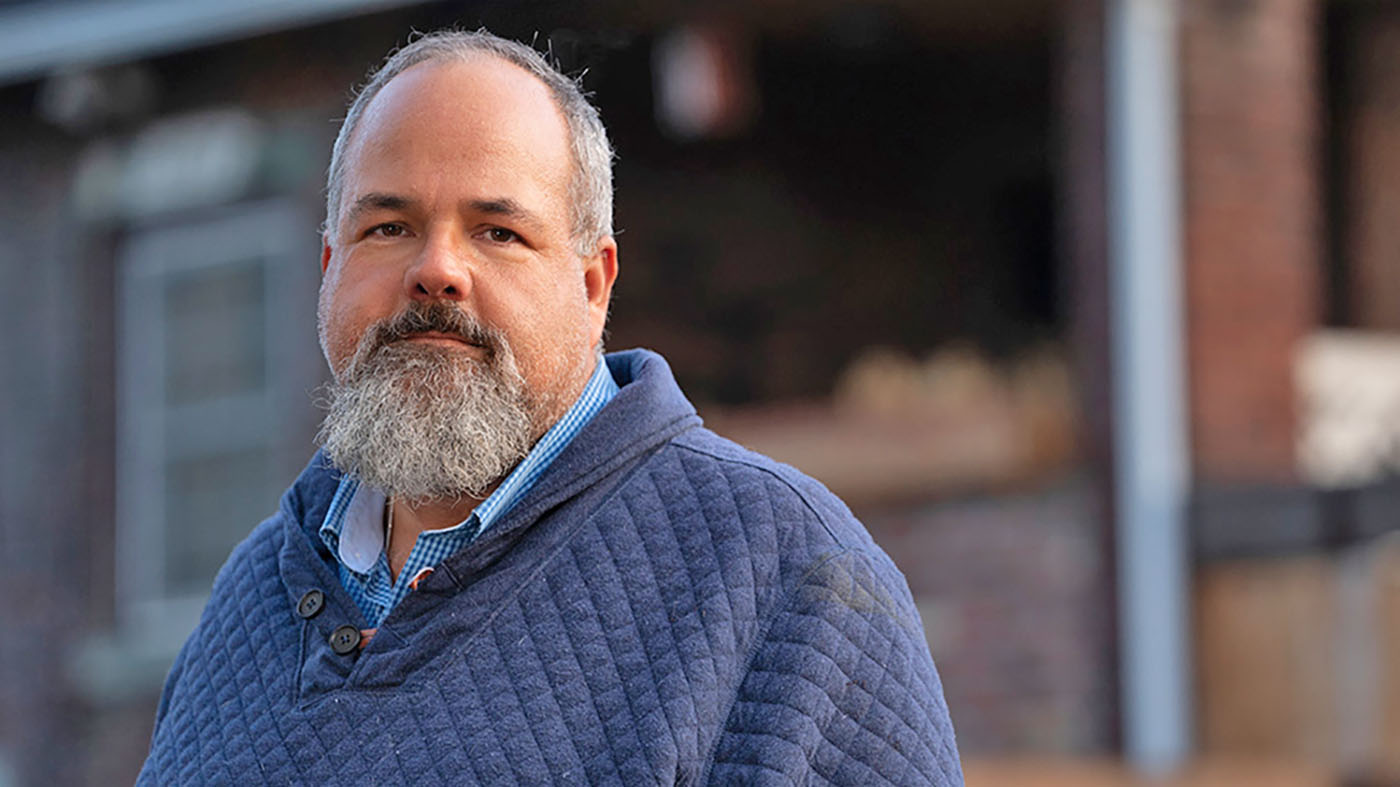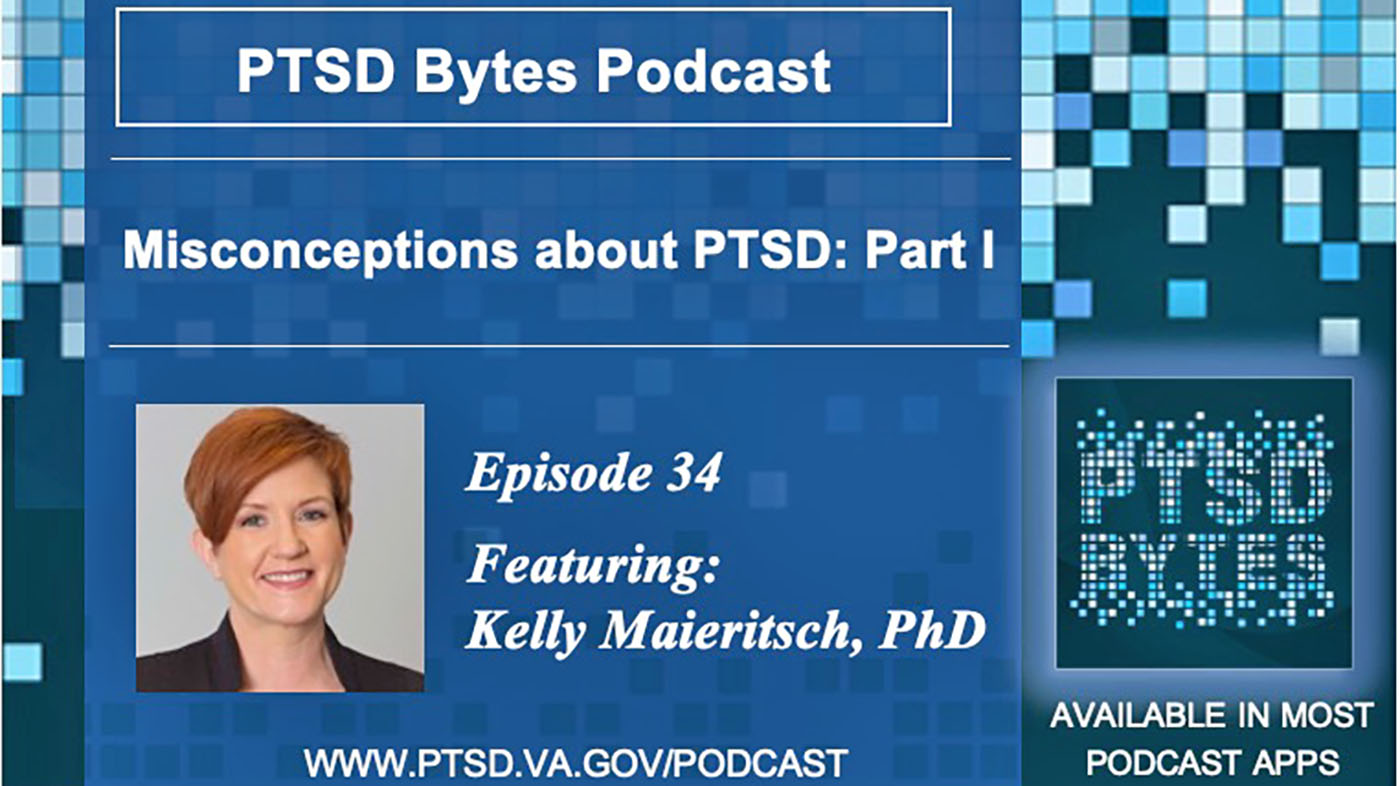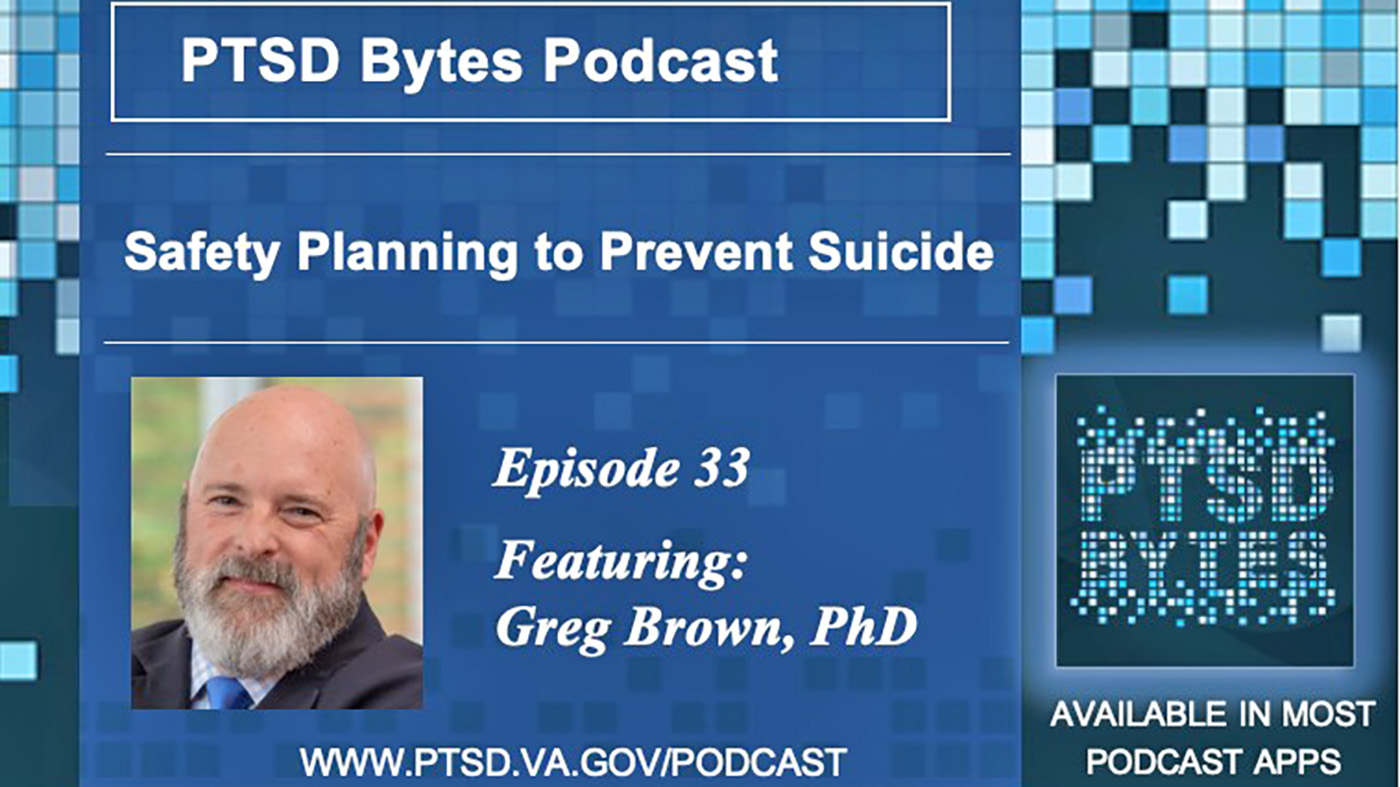Popular culture often associates gambling with flashy casinos, bright lights, and glamour, but there is more to gambling than playing blackjack at a local casino. The popular media rarely shows the downside of problem gambling. Much like other addictions, excessive or problem gambling can lead to negative consequences such as relationship issues, debt, loss of employment, bankruptcy, foreclosures, and repossessions. The National Council on Problem Gambling estimates that in the United States, about 2 million (or 1 percent) of adults meet criteria for pathological gambling in a given year, and another 4–6 million (up to 3 percent) of adults would be considered problem gamblers.
Problem gambling comes at a cost, and VA is committed to helping Veterans recognize that they are not alone in confronting it. One way that VA is addressing gambling problems among Veterans is by asking the right questions in a health care setting.
What does problem gambling among Veterans look like?
A pilot study conducted by the VISN 1 New England MIRECC and funded by the Massachusetts Gaming Commission assessed the utility and feasibility of using the Brief Biosocial Gambling Screen (BBGS) for detecting gambling disorder among Veterans seeking mental health treatment services at the Edith Nourse Rogers Memorial Veterans Hospital in Bedford, Massachusetts. The study screened 260 Veterans from November 2017 through September 2018 in the hospital’s Primary Care Behavioral Health clinic, and 32.7 percent of respondents reported gambling within the past 12 months. Most of the Veterans who participated were seen for depression and anxiety-related problems. Researchers found no significant differences in the demographics, medical conditions, or mental health co-morbidities of the Veterans who gambled recreationally and those who had gambling disorder.
The most frequent forms of gambling were the traditional lottery (played by 25 percent of the Veterans), instant lottery scratch-off tickets (used by 31 percent), and card games (played by 10 percent). Of the 85 Veterans in the study who had gambled in the past year, five (5.9 percent) screened positive for gambling disorder on the BBGS and said they had problems with gambling. All five of these Veterans were white men with reported histories of anxiety, depression, or posttraumatic stress disorder (PTSD). Additionally, three of these Veterans also met the American Psychiatric Association’s full DSM-5 criteria for gambling disorder, and strikingly, all three Veterans were also having suicidal thoughts at the time of the screening.
Veterans may also engage in gambling-related activities as an escape or a way to avoid seeking treatment for mental health challenges. This type of gambling-related escapism has been studied in the general population, such as in this study from Rory C. Reid, Ph.D., and colleagues; however, further research is needed to better understand the apparent association between gambling disorder and mental health challenges, including suicidal thoughts, and to develop improved strategies for encouraging Veterans to seek help.
What can Veterans expect from VA care providers?
Results from the Massachusetts study suggest that self-disclosure of problem gambling and outreach efforts by VA health care providers could increase Veterans’ participation in treatment services. By sharing information about gambling with their primary care provider, Veterans can start the journey toward a healthier lifestyle and limit the potential negative impacts.
How can Veterans take the first step toward recovery?
The path to recovery for problem gambling starts with disclosing information about gambling to a health care provider. This open communication encourages early intervention and treatment and increases the likelihood of recovery and stability for Veterans and their loved ones. Veterans and their family members and friends can start by exploring the following resources:
- The VA resource locator can identify recovery programs and other resources near you. Simply fill in your ZIP code or state and check the boxes to indicate the programs or topics you are interested in learning more about.
- Coaching Into Care is a service to help you and your family members and other loved ones find the appropriate services at your local VA facilities and/or in your community. Call 888-823-7458 to get started.
- The National Center for Responsible Gaming (NCRG) is an educational resource, which can help you understand gambling disorders and learn about effective methods of treatment.
- The National Council on Problem Gambling operates the National Problem Gambling Helpline Network (1-800-522-4700) where you can call and get support for a gambling problem. Help is available 24/7 and is 100 percent confidential.
- Make the Connection is an online resource designed to connect you, your family members and friends, and other supporters with information and resources about issues affecting your life. Learn more about overcoming gambling problems and hear stories from other Veterans.
The VISN 1 New England Mental Illness Research, Education, and Clinical Center (MIRECC) was established in 1997 and has two locations at VA Connecticut Healthcare System — West Haven Campus and Edith Nourse Rogers Memorial Veterans Hospital in Bedford, Massachusetts. The mission of the VISN 1 New England MIRECC is to improve mental health treatments and access to services for Veterans who have been diagnosed with both substance use and mental health issues. The center’s work focuses on Veterans with co-occurring addictions and mental illnesses as well as related issues, such as VA-compensated disabilities, homelessness, criminal justice histories, and medical co-morbidities. For more information on VISN 1, visit mirecc.va.gov/visn1/index.asp.
Topics in this story
More Stories
Be ready before a suicide crisis by learning about resources that are available. You don’t have to face it alone.
In a two-part series, Dr. Colleen Becket-Davenport discusses some common myths surrounding PTSD with Dr. Kelly Maieritsch.
In this episode of the PTSD Bytes podcast, we speak with with Dr. Greg Brown, Philadelphia VA clinical psychologist, about how safety planning can prevent suicide.







In my dealings with the VA it seems as if some of the VA mental health providers do not want to give a diagnosis of PTSD either to avoid compensability or a stigma. Ouside of the VA, nightmares, hypervigiliance, flasbacks and paranoia would equate to at least a tenative diagnosis of PTSD.
The only help with my 43 year battle with PTSD is when
I paid for it myself. I am 100%IU rated. I first got help with
PTSD when I was life-flighted after having a sc-stroke and brain bleed. Neurosurgeon connected me with an ethical
Psychological provider. This guy saved my life teaching
Me valuable life saving skills.
When you go to a VAMC for mental health there tendacy is
To document you with something that is noncompensational. Thus hidden agenda triumphs over Patient well-being. It’s unbelievable that the VA spends millions trying to figure out why 22 Veterans a day are committing suicide. It’s obviously the adversarial VA Behavioral Protocol and mental health providers hidden agenda. So many of the veterans that I have spoken too are tired of begging for ethical help from the VA. And most Veterans can’t afford a Medicare Supplement like I could. Thank you mom and dad. My folks recognized my symptoms upon release from the Marine Corps. The VA avoided treatment of my SC-SYMPTOMATOLOGY.